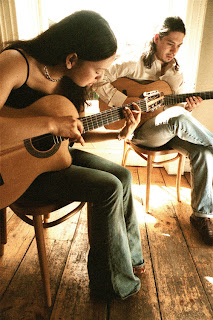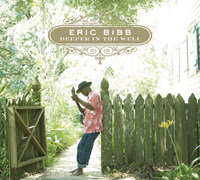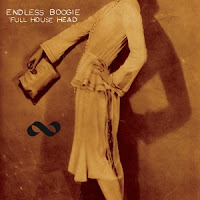In January this year, I created a Twitter account. In the grand scheme of things this is hardly noteworthy, but for someone like myself, despite my relatively young age, it’s a tentative step into the future, into the unknown, away from the analogue and toward the digital. Weird.
I’m not a fan of social media. Perhaps because I don’t know much about it. I know it can raise the profile of a business or individual beyond comprehension, I know it’s a form of ‘staying in touch’, I know it’s Rampant and The Norm and the Way Of The Future, which is fair enough. I’ve not embraced it before now though because of a connotation I have that it’s frivolous, a waste of time, and because why the hell would I want people, strangers, to know what I’m doing? Paranoid perhaps. Lazy too.
As such, I have no Facebook account, I have no MySpace account (I did at one point, but that went nowhere), I do have a blog but that’s more an archive of my published work – hardly a social media tool. Perhaps I’m behind the times and am now languishing in The Past, too proud to get on board with these trends, too dedicated to the old way of doing things. In the interest of pushing my writing profile however, I created this Twitter account. I took my first tentative steps, as I mentioned, and I am now waist deep. I don’t know where to turn next, what to do or why, but fuck it, it’s all about pushing forward, right? So they tell me.
I did some reading first, most notably a study conducted by American company Pear Analytics in 2009. To be quite honest, I didn’t read too much, I skimmed and looked at pie charts and the like – to that end, I am indeed a member of this social media, short attention spanned generation. Anyway, this study postulated firstly that Twitter was used mainly as a form of self-promotion. After exhaustive research (I imagine), it was determined that this was not the case, that the vast majority of Twitter’s over 300 million users (as of June 2011) use the service for “pointless babble”. 40% of them in fact. Self promotion uses up just six percent. The rest is made up of “news”, “spam”, “conversational” and “pass along value”. Basically, Twitter is mainly people talking shit.
Regardless, I decided to get on board, promising myself I’d be one of the six percent – I’d use the service to tweet (ugh) about what I was doing in a professional sense. For example, my first ever tweet was, “Interviewed Justin Townes Earle this morning, great chat about new record, see new song here: justintowneseale.com”. Since then, I’ve stuck to my promise. It’s true, all five of my tweets thus far have been professionally based. I’m pretty happy with that – suck on it, 94%.
So who knows where this will end up. Perhaps I’ll get hooked, a Twitter junkie, hankering after his next fix, tweets evolving from poignant professional prose into pointless psychobabble, the likes of which should not be read by anyone, ever. “Put on my shoes this morning”. Good lord, I don’t even wear shoes. Imagine – I shudder to think, and so I’ll stay strong and use this for the Good of my career or my profile or whatever I’m doing this for and despite the fact I’m an old man in a young man’s body, I’ll forge ahead like Robert F. Scott, into the cold, forbidding unknown. Or something to that end, anyway. To tweet, or not to, that is the question. The answer, no doubt, is somewhere on Twitter. Ugh.
Samuel J. Fell
SJF is indeed on Twitter, and can be found at @SamuelJFell













